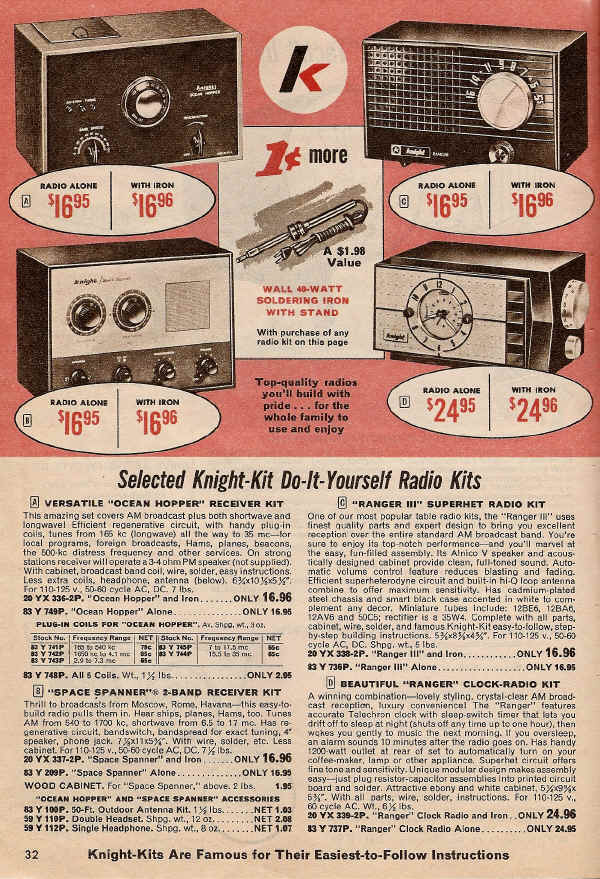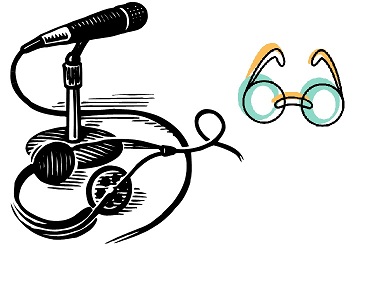Welcome to Handiham World.
Happy New Year from all of us at Handihams!
The Handiham office is closed on New Years Day and will reopen on Monday January 6, 2014.
Since I am actually sending this out on December 31, you still have time to donate to support the Handiham program.
- Giving is easy by clicking this link: www.couragecenter.org/GiveToday
Be sure to use the pull-down to designate Handihams as the recipient of your gift.
To make a credit card gift call 763-520-0542. Be sure to mention the Handiham designation option to ensure your dollars support the program.
Thank for you supporting ham radio and the Handiham program. We wish you a very fine and prosperous new year. (And of course good DX!)
Thank for you supporting ham radio and the Handiham program. We wish you a very fine and prosperous new year. (And of course good DX!)
From the archives, it's Daily on the Air (DOTA) - Something to resolve to do in 2014:

I've noticed that there isn't much activity on my local repeater. Perhaps I'm just not listening at the right times, but I've sampled the repeater throughout the day on different days of the week, and aside from some scheduled net activity, users seem to be maintaining "radio silence"! I don't think this is just true of my local repeater, either. Some repeaters have always been more active than others, but the overall activity level just seems to me to be down over the past few months.
Every experienced ham radio operator knows that there is an ebb and flow in ham radio interest and activity, sometimes corresponding with the season. Here in North America, during the winter, we are likely to be challenged by difficult driving conditions that may spur an increase in repeater activity during commuter "drive time". Ham radio is seen by some as a wintertime activity, so repeater activity can pick up simply because people are stuck indoors. There is a daily rhythm to the use of a typical repeater as well, with long-time users sometimes appearing at the same time of day for a short exchange. But getting back to my repeater, there are long, silent stretches of dead air throughout most of the day. I know there are people out there either listening at home or in their vehicles, but the repeater is still going unused.
What to do? I decided that I'm going to try an experiment. I call it the "DOTA", or "daily on the air". That way it rhymes with "GOTA", which, during Field Day, stands for "get on the air". With DOTA I simply resolve to have a contact on my local repeater every single day. It doesn't have to be long, nor does it have to be at any particular time. It could be with a person I already know, or it could be a random contact with a person I have never met on the air. If I don't hear anyone, I will just say, "WA0TDA listening", and see if I can shake someone loose! My DOTA plan went into effect this morning, and, not hearing anyone on the repeater, I made a short call. Immediately, another member of my radio club answered and we had a short conversation. He told me about his new transceiver, and how he was planning to earn his HF privileges. During the rest of the day, I think it might be a good idea to listen to the repeater and see if I hear anyone calling. My QTH is only about a mile south of interstate Highway 94, and I may be able to hear stations new to the area as they operate mobile and check out the Twin Cities repeaters. After all, if I were driving someplace and wanted to have a QSO, I would want someone to answer me if I made a call on their repeater system!
My theory is that activity builds more activity. When a repeater is perceived by the local ham radio community as one that is reasonably active, it is more likely to get used. Try DOTA yourself and let me know if it works for you.
Patrick Tice, WA0TDA
Courage Kenny Handiham Coordinator
Courage Kenny Handiham Coordinator




